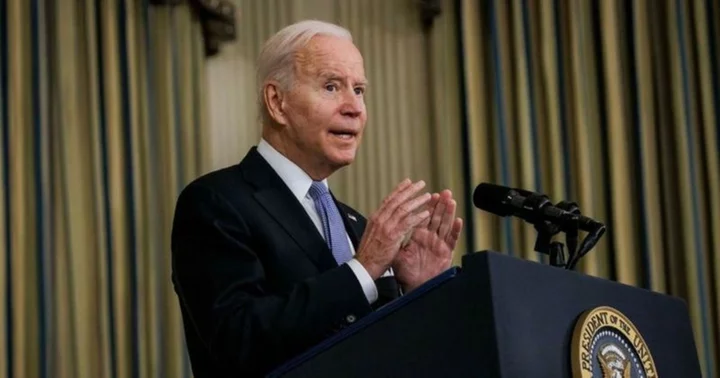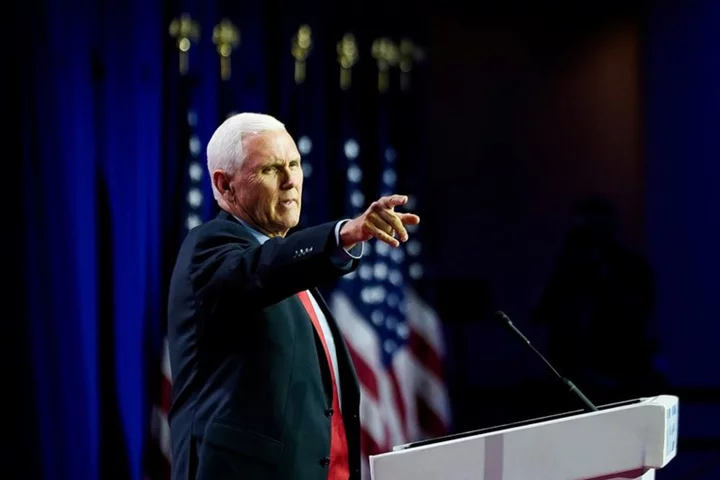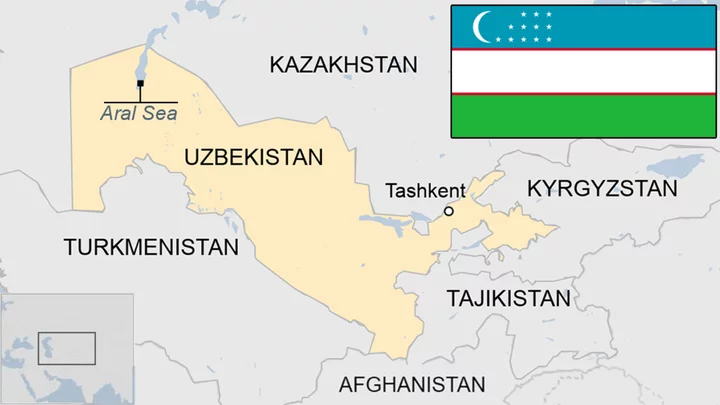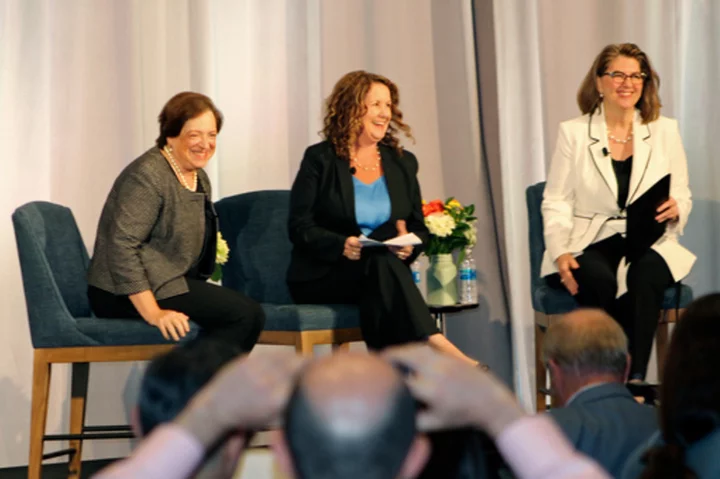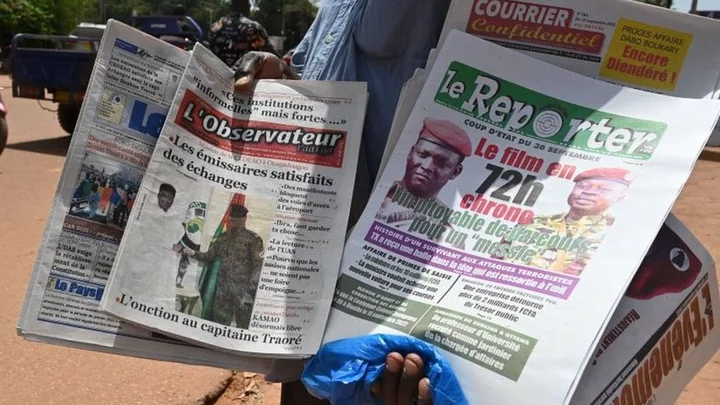Previous conflicts between Hamas and Israel have ended through mediation by powers with a keen interest in Middle East peace but the unprecedented nature of the assault by the Palestinian militant group could make any diplomatic efforts fruitless for now, analysts say.
Egypt, which has a peace treaty with Israel and also borders the Gaza Strip, a Hamas stronghold, has in the past repeatedly been called upon to act as mediator, with Cairo also happy to add to its diplomatic prestige.
Gulf Arab states, notably Qatar, could also be interested in brokering peace while Turkey under President Recep Tayyip Erdogan has sought to warm ties with Israel even as it keeps up contacts with Hamas.
But the casualties on both sides -- with Hamas killing hundreds of Israelis as well as taking hostages and Israel hitting back with deadly force -- complicate any mediation.
"I doubt that we can enter into mediation now given how the events have evolved," said Denis Bauchard, advisor for the Middle East at the French Institute of International Relations (IFRI).
With the offensive revealing the failures of the Israeli security and intelligence services, Prime Minister Benjamin Netanyahu will certainly want "for internal political reasons, to appear as the strong man" who will "win the war before diplomacy can start", he said.
"The unprecedented nature of this conflict will certainly require mediation and intervention different from all previous mediations," added Hasni Abidi, director of the Geneva-based Center for Studies and Research on the Arab World and the Mediterranean.
Agnes Levallois, vice-president of the Institute for Mediterranean Middle East Research and Studies (IREMMO), said the composition of Netanyahu's coalition government, which includes radical nationalists, "also complicates the situation".
Israel would hardly accept mediation at the moment, she said, adding it was also possible that Hamas would be reluctant as it currently "feels so strong".
- Hamas 'needs a way out' -
But she noted with Israel already exacting revenge through relentless air strikes, threatening a full-scale siege and with a ground offensive also possible "there is a moment when Hamas will need to find a way out, including for the sake of its own population who will pay the highest price."
And the presence of Israeli civilian hostages could also later encourage "humanitarian-type mediation rather than political mediation", said Bauchard.
Should a moment arise when diplomacy does become a possibility then eyes will turn first to Egypt, which has traditionally played the role of mediator through its discreet intelligence services.
For Levallois, "Egypt will do everything to play this role because it is essential for it to appear as a regional power."
"It is a role that it can carry out in association with other countries" such as the United States or EU states including France, which have "strong" relations with Egypt, Levallois said.
Qatar, which provides the Gaza Strip with crucial financial aid, could also have a role.
"Qatar has the means to influence Hamas," said Levallois.
Egypt could also work in tandem with Gulf powers as the landscape changes due to the US-backed Abraham Accords, which saw the UAE normalise relations with Israel in 2020.
Egyptian President Abdel Fattah al-Sisi spoke with UAE President Mohamed bin Zayed Al Nahyan, agreeing to "intensify discussions and diplomatic efforts to stop military escalation", Sisi's spokesman said.
- 'Only blows' -
Into this mix comes Turkey, with Erdogan always keen to shine on the global stage and present a friendlier face to the world after winning a new term in power this year by improving relations with both Israel and Egypt.
The role of regional kingpin Saudi Arabia remains hugely sensitive, with some analysts suggesting moves to normalise the kingdom's own relationship with Israel could have been one of the motivations for the attack by Hamas.
The United States is seen less as a potential solution, with the prickly relations between Netanyahu and the administration of President Joe Biden presenting an immediate problem.
After energetic diplomatic efforts in the past came to nought, the US will also be wary of investing in any peace drive as the US presidential elections approach.
"Some will undoubtedly call for American mediation," Levallois said. "But it's another thing to take the step."
Given Biden could face Donald Trump, who had more cordial relations with Netanyahu while in power, "there are only blows to be taken."
dt-sjw/tgb/ach


